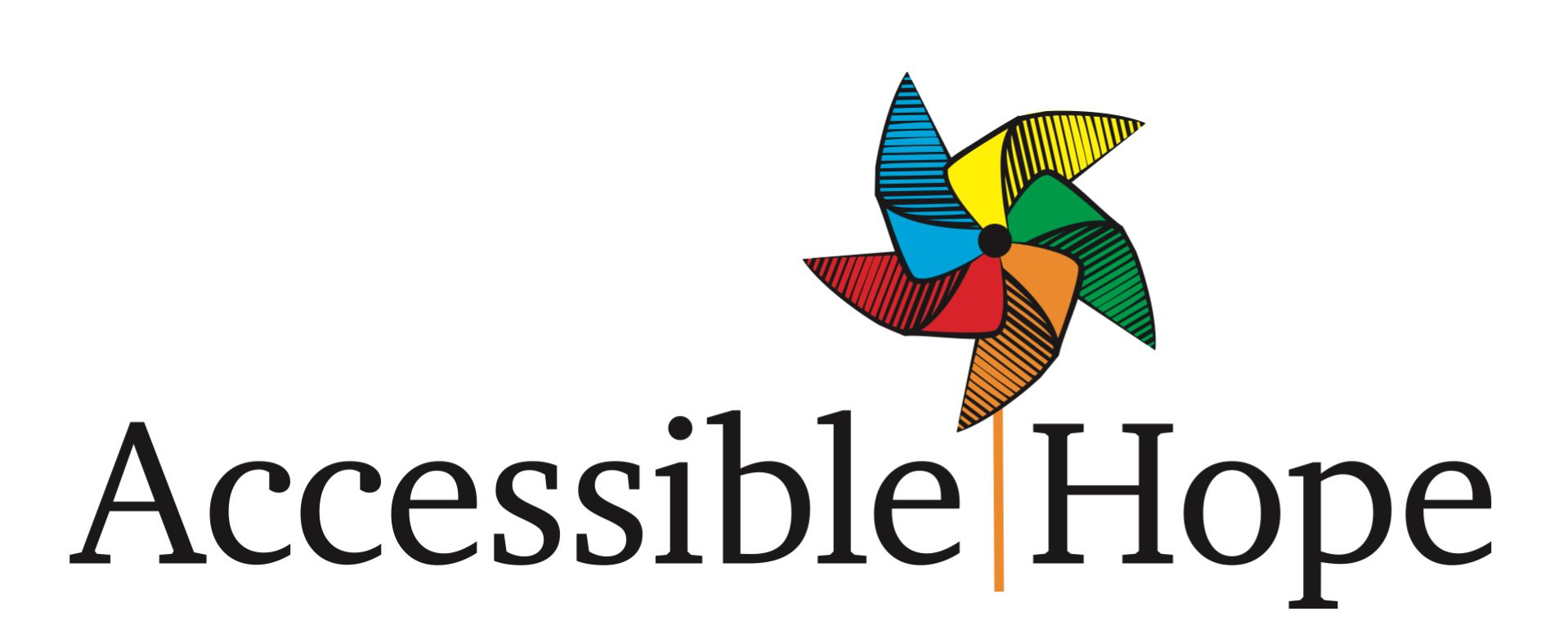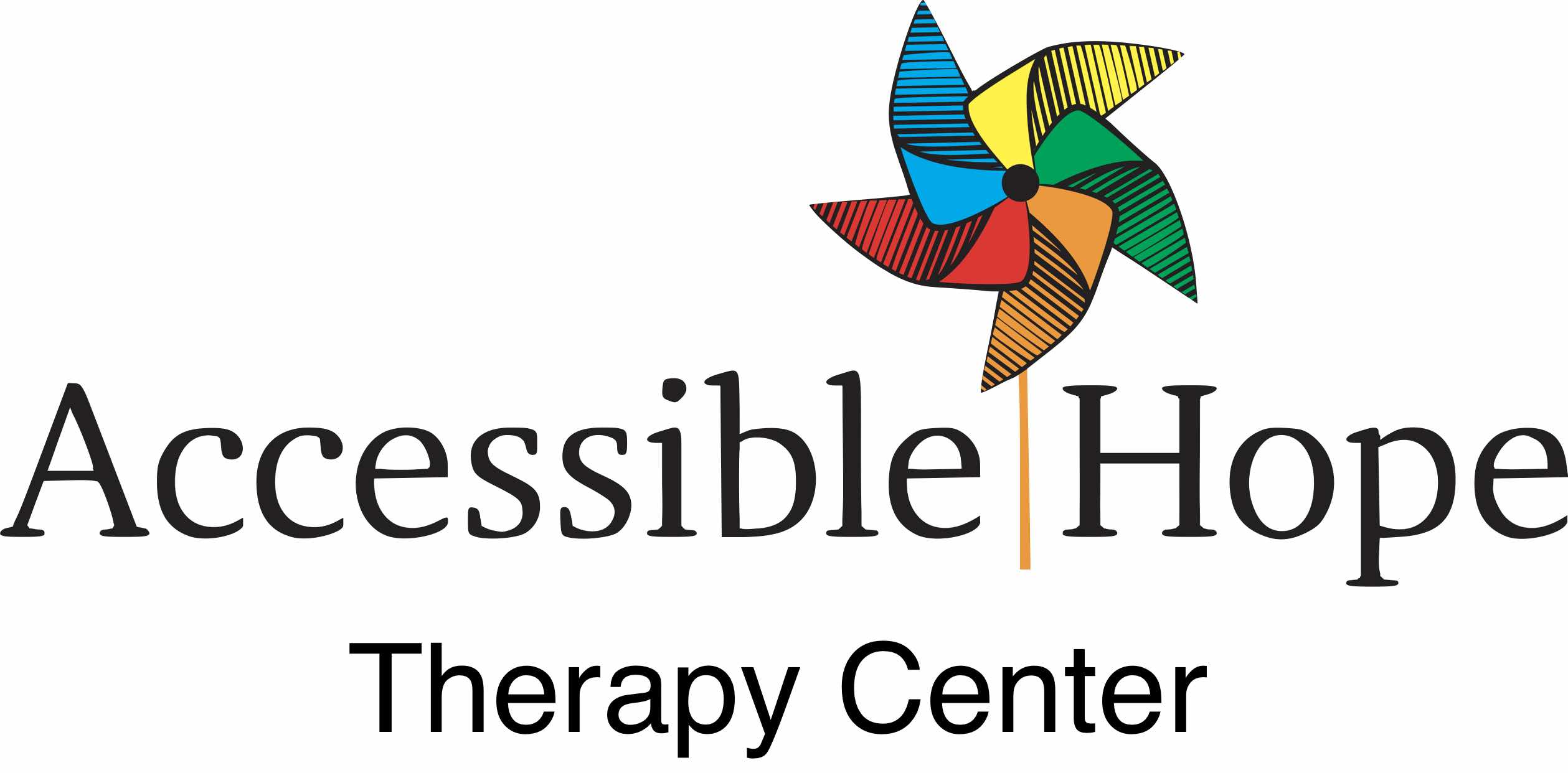Peter Beddow, Ph.D., BCBA-D is the President and CEO of Accessible Hope, LLC, an organization and therapy center for children and adolescents with a broad range of abilities and needs. We also provide training, tools, and support to parents, teachers, schools, and organizations. The purpose of our company is to facilitate hope for a full, abundant life. We offer several services, including:
- ABA therapy;
- Speech therapy;
- Consulting with parents, teachers, schools, and organizations; and
- Training for parents, teachers, behavior analysts, and behavioral technicians.
Dr. Beddow has spent all of his adult life teaching and mentoring children and studying their behavior and learning (read more about him here). Beddow realized his passion and gift for helping children with behavior problems while leading a special education classroom at Five Acres, a residential school in Los Angeles, California. During his tenure at Five Acres, Beddow developed and collected the bulk of what he refers to as his “toolbox” and began the pursuit of a career focused on helping parents and teachers who find themselves struggling to work with children with challenging behaviors who tend to be resistant to change.
Education
Dr. Beddow received his BA in English Literature and Creative Writing (Fiction, Nonfiction, Poetry, Drama) from Middlebury College in Vermont. He received his MA in Special Education from California State University, Los Angeles. He received his PhD in Special Education / Educational Psychology from Vanderbilt University. He is a Board Certified Behavior Analyst - Doctoral.
Experience
Dr. Beddow currently helps children, parents, teachers, and school administrators through his company. In the past, he served as the Program Director at the Brown Center for Autism in Nashville. He also has served as an adjunct professor at Lipscomb University in the Applied Behavior Analysis program in the College of Education and was a representative for the Middle Tennessee Region for the Tennessee Association for Behavior Analysis (TABA). He currently sits on the Applied Behavior Analyst licensure committee for the state of Tennessee.
Dr. Beddow’s professional expertise and experience with children extends into other arenas apart from direct teaching and intervention. His research and professional work ranges from working on federal grant projects in collaboration with the Departments of Education of several U.S. states, to developing and implementing large-scale assessments for students with special needs, to conducting statistical analysis for the Vanderbilt Medical Center’s Department of Otolaryngology. He has served as a consultant to Metro Nashville Public School District and has consulted in districts in surrounding areas as well.
Vision and Philosophy
Every child is infinitely valuable in the eyes of God. It is in the overwhelming trials and struggles of life that we learn to persevere and overcome in a world fraught with obstacles, whether real, imagined, or imposed. By acknowledging, accepting, and engaging our differences, instead of trying to eliminate them, we learn that pain can be transformed into purpose, both to understand ourselves better and to help a hurting world. Further, Dr. Beddow asserts that as parents, teachers, and leaders of children, we all are called to be — at all times and in every way — both teachers and learners. Pete’s philosophy can be summed up in a chiasmus^[In rhetoric, chiasmus (from the Greek: χιάζω, chiázō, to shape like the letter Χ") is a textual structure in which two or more clauses are related through inverted parallelism with the purpose of making a larger point. Chiastic structure can be found throughout early literature, including the Hebrew texts of the Old Testament. ], as follows:
- Teaching is everything.
- Everything is teaching.
Our challenge
As a professional special educator, educational psychologist, and Board Certified Behavior Analyst-Doctoral with many years of experience working with children with special needs, Dr. Beddow has learned that his perspective is not one that is shared commonly by his professional colleagues. In fact, when he asserts that “I don’t believe in disability” Beddow understands he is challenging the primary assumption that underlies what is perhaps the only functional system that exists to help children with special needs.
To examine his perspective briefly, Dr. Beddow works hard never to refer to “students with disabilities.” He refers to them instead as children identified with disabilities. Likewise, he does not refer to children as having psychiatric or other medical disorders, but rather refers to them as having been diagnosed with these disorders. Thus, a child with autism is, in Beddow’s mode of thinking, a child who has been diagnosed with autism. A child who is “on the spectrum” rather becomes a child who has been identified as being on the autism spectrum. The label (in this case, a disability or diagnosis) is externally imposed. Where the status quo language carries the assumption the label belongs to the child and is therefore his or her burden to bear, Beddow suggests the burden should remain in the hands of the ones to whom it belongs: namely, those who determined it was apropos to identify or diagnose the child in the first place.
We believe it is by identifying ourselves and others with our struggles, disorders, and problems that we may find ourselves enslaved by them. While he acknowledges that person-first language, for example, is a positive step away from attaching a child with his or her Special Education label, the problem of identification with our problems persists. To wit, while terms such as “ADHD kid” and “LD students” may mostly be relegated to teacher’s lounges and intraprofessional discussions behind closed doors, he has heard countless professionals refer to “kids with ADHD” and “kids with Dyslexia” as if these children carry their disabilities or disorders to school with them each day inside their knapsacks.
A burden they never asked to carry
We believe children naturally do not choose to identify themselves with any disorder or disability, no matter how severe its manifestation. Thus, neither should we. It is helpful, of course, to identify the various challenges faced by the children in our charge in order to help them overcome them. Understanding the characteristics of children most professionals refer to as “on the spectrum”, for example, can help us ascertain the most effective tools and techniques for helping them.
By contrast to many suggestions in popular culture, however, Dr. Beddow suggests it is rarely helpful for a person to accept these labels as though he or she owns them, because to own them is a short step away from the person identifying themselves with, and being owned by, the disability. In his experience, the embrace of a disability by a person typically emphasizes its challenges for him or her and reduces the likelihood the person will overcome it. It is when a person becomes willing to set his or her label aside and move forward simply as a human being, flawed and frail (but no more or less than any other), fearfully and wonderfully made, that he or she can pursue his or her highest potential.
The solution isn’t an easy one, for it involves perching precariously on the edge between submitting wholly to scientism and the wholesale rejection of science and empirical data altogether. Having received an earned doctorate in Special Education for his research on developing accessible tests for students with special needs, Beddow is no enemy of science or data. Indeed, he is himself a researcher and believes science is essential to our field for establishing an evidence-based foundation from which to make decisions about the best ways to help children, and subsequently for communicating the rationales for these decisions to others. However, he has observed the pendulum swing wildly in the direction of what he suggests is a devotion to psychology, which subsumes the view that empirical methods are the only valuable means of understanding reality. Taken too far, such a view is commensurate with the tendency for people to follow thought systems religiously. Such a total reliance on psychology for solving emotional and behavior problems often leads to treatments that forget, or ignore, that our children are human beings who are infinitely valuable in the eyes of God, and who are therefore understood best by the One who made them.
Explore the Issues
Take some time to peruse this website, and consider entering the conversation about disability, behavior, teaching, learning, growth, and even faith. It is through these conversations that we might grow and change. As Stanley Hauerwas said, “The purpose of the community for which we were created is nothing less than friendship with one another.”

